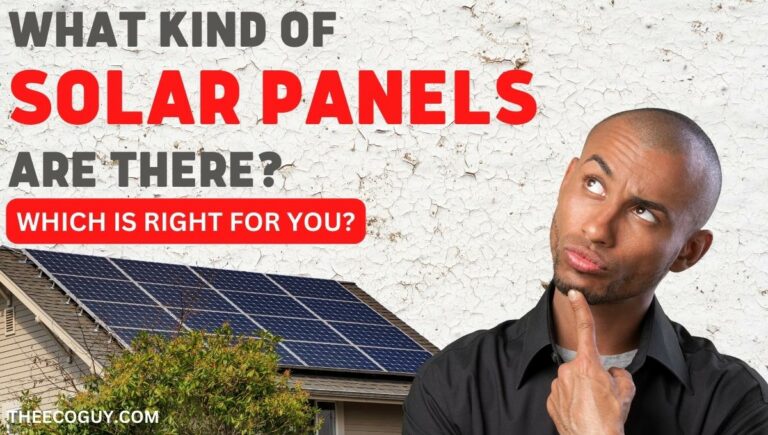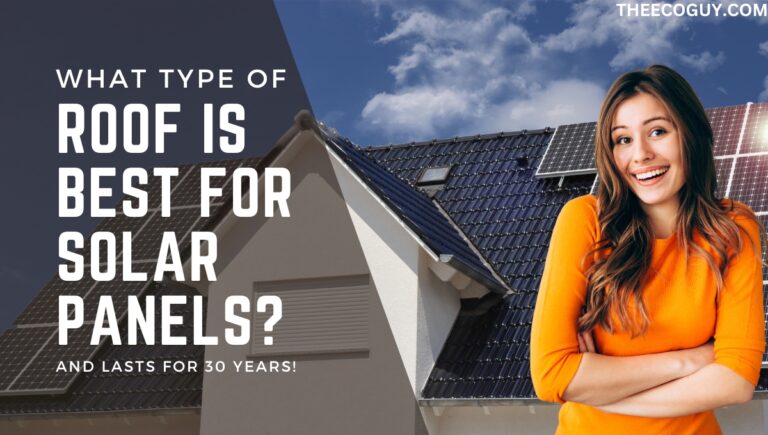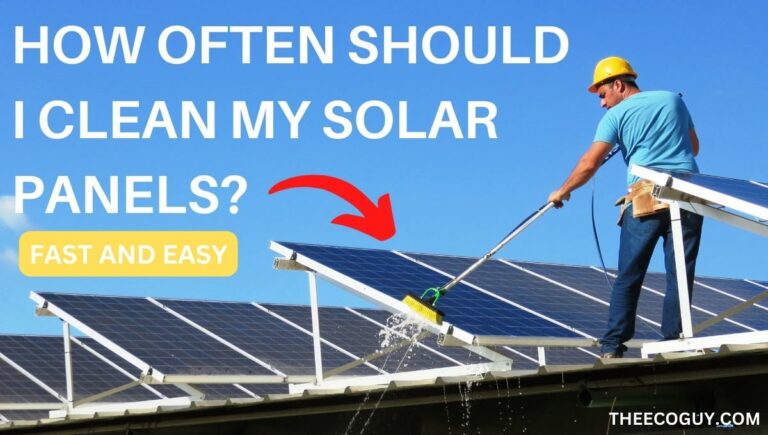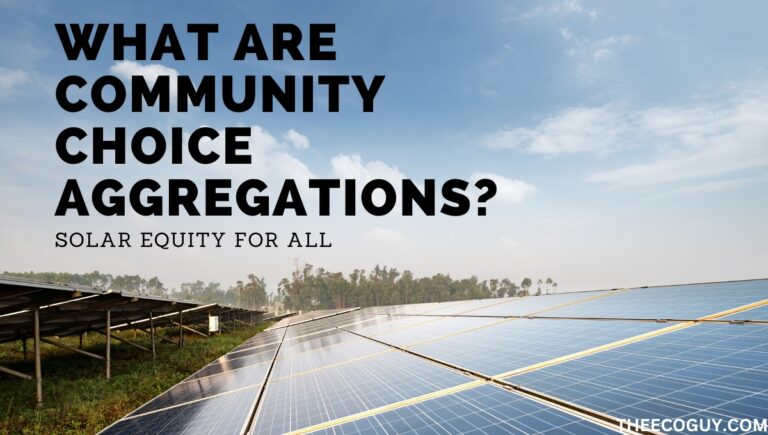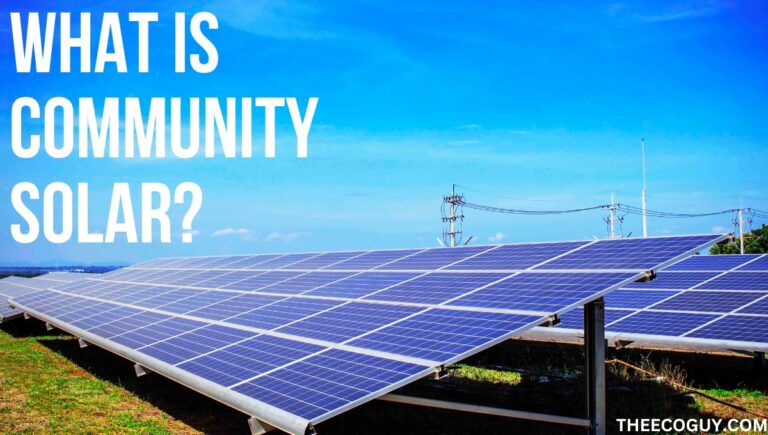What Is the Efficacy of Solar Panels in My Area?
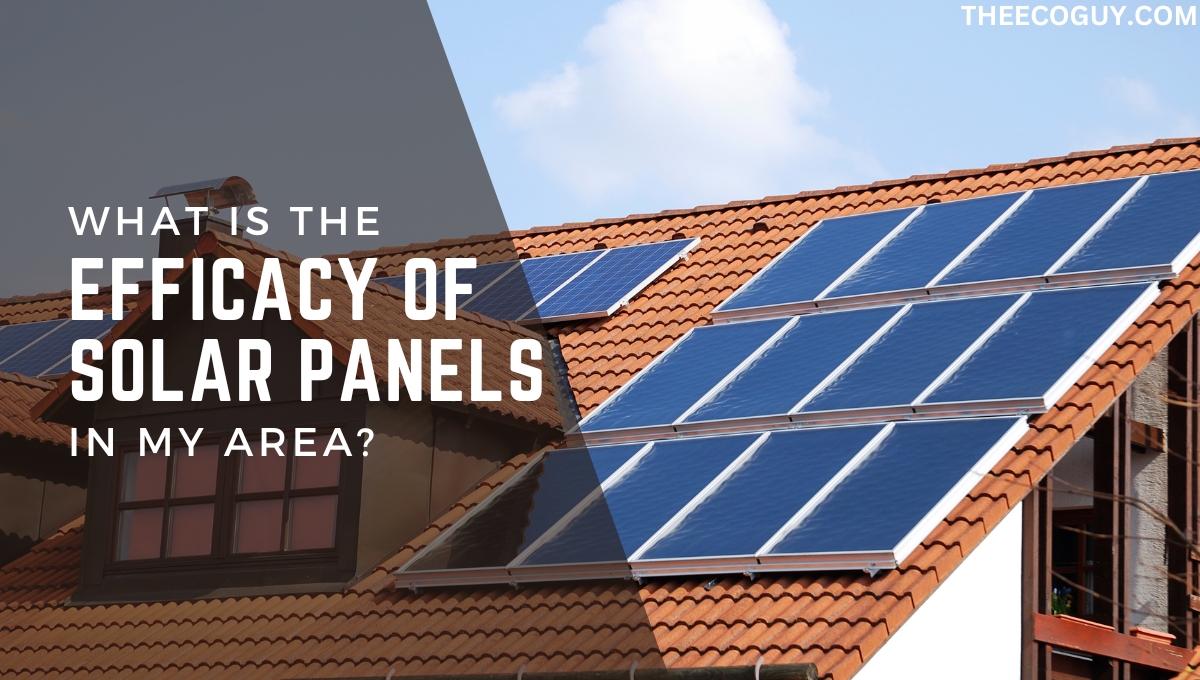
If you’re considering solar panels for your home, you may wonder how effective they’ll be in your area.
Unfortunately, solar panel efficacy varies depending on several factors, including latitude, cloud cover, and air pollution.
In this blog post, we’ll help you understand what factors affect solar panel efficacy so that you can make an informed decision about whether solar is right for you.
Define Solar Panels and How They Work
Solar panels contain solar cells that convert solar energy from sun rays into electrical current, which can be used to power your home or business. By trapping and collecting solar radiation, solar panels can generate reliable electricity day and night.
They use a layer of semi-conductive material such as crystalline silicon, thin film cells, or monocrystalline solar cells to capture solar energy through sunlight and solar radiation. This solar energy is then converted into the electrical current with the help of photovoltaic or solar cells, which act as a semiconductor within the panel.
Solar efficiency varies significantly between different types and models of the solar panel but generally range between 10-25% depending on the type and quality of equipment used.
In addition, solar panels are typically low-maintenance products that require no more than routine cleaning over time and can have an average lifespan of up to 25 years.
Determine the Average Amount of Sunlight in Your Area
Knowing the average sunlight in your area can be a great help when planning gardening projects or outdoor activities. Thankfully, there are several resources available that make it easy to determine how much sun you can expect to receive daily.
The National Centers for Environmental Information’s Climate at a Glance tool allows you to easily search for your locality and gain critical information like average sunshine amounts.
Additionally, local newspapers may track this data and more specialized reporting sources, such as weather researchers and academic institutions. Gathering this information will give you an idea of the sunny days ahead!
Also, many utility companies provide their customers with an energy production report that outlines their solar panel performance and the number of sunlight hours they receive annually. This can be invaluable in determining how well solar will work in your area.

Analyze How Air Pollution Can Reduce Solar Efficacy
Air pollution is one of the most common factors that can reduce the efficacy of solar panels in a given area. In locations with high levels of smog, dust, or other pollutants, the amount of solar radiation reaching your solar panel will significantly diminish.
A National Renewable Energy Laboratory study found that air pollution has caused a three percent reduction in the total U.S. installed photovoltaic capacity. This means that your solar panels will be less effective if you live in a highly polluted environment than in cleaner areas.
Since air pollution comes from natural and manufactured sources, it can be challenging to control this factor. However, some cities have implemented low-emission zones or bans on older, more polluting vehicles to reduce air pollution.
Consider the Climate and Weather Patterns in Your Region
When evaluating the efficacy of solar panels in your area, an important consideration is the climate and weather patterns. Depending on where you live, you may be subject to more or less extreme weather conditions that could affect how much power your solar panel can generate.
For example, if you experience heavy snowfall or severe windstorms during certain times of the year, the amount of solar energy generated by your panel could be significantly reduced. On the other hand, if you live in a sunny area with mild weather all year round, your panels should perform well.
In addition to these considerations, it is also essential to factor in the day-to-day changes in sunlight availability throughout the year. The daylight hours will vary significantly from summer to winter, which can considerably impact how much energy your solar panel can generate.
Calculate How Much Electricity You Use Currently
It’s also best to calculate the amount of electricity you currently use when evaluating the efficacy of solar panels in your area. Knowing how much electricity you need to power your home or business can help you decide if installing solar is viable.
Calculating your current energy consumption is simple enough; add all the devices and appliances that draw electricity in your home and multiply that number by the number of hours they are used per day. This will give you a good gauge of how much power your home or business requires and can help you decide if solar is right for you.
Another way to calculate the electricity you use is to review your utility bill. This will give you an exact figure of how much energy you use over a month and other important information such as peak and off-peak usage.
Find Out the Government Incentives Available for Solar Panel Installation
When evaluating the efficacy of solar panels in your area, you should also consider any government incentives that may be available. For example, many countries and states offer subsidies or tax credits for people who install solar panels in their homes or businesses.
These incentives can significantly reduce the cost of installation and make solar an even more viable option for those looking to reduce their energy costs and carbon footprint.
An excellent place to start looking is your local government websites, which often list the incentives available in your area. Alternatively, you can contact a local solar installation company to provide more detailed information on the incentives that apply in your area.
Other Potential Renewable Energy Sources Available in Your Area
It would be best if you also considered researching other renewable energy sources available in your area. Solar power is just one of the many options available to homeowners and businesses looking to reduce their energy consumption.
Researching other ways to generate electricity, such as wind turbines, hydroelectricity, or geothermal systems, can better understand your area’s renewable energy landscape and help you decide if solar is the most viable option for you.
Solar Panel Cost vs. Return on Investment
Lastly, you should consider the cost and return on investment of installing solar panels in your area. Solar panel installation can be a significant expense, so you should ensure that the power generated will outweigh the cost over time.
The best way to do this is to research how much electricity your system can generate and compare it with any available incentives. This will help you determine how long it will take for your solar panel system to pay off and what kind of return on investment you can expect.
Final Thoughts
To wrap it up, solar panels have the potential to be a great source of renewable energy for your home or business. Before making any decisions, though, it is essential to consider factors such as location, current electricity consumption, and government incentives when evaluating the efficacy of solar in your area.
Additionally, researching other forms of renewable energy can provide you with more information about what options are available in your region.
Ultimately, calculating the cost versus return on investment will help you decide if investing in solar power is right for you.


